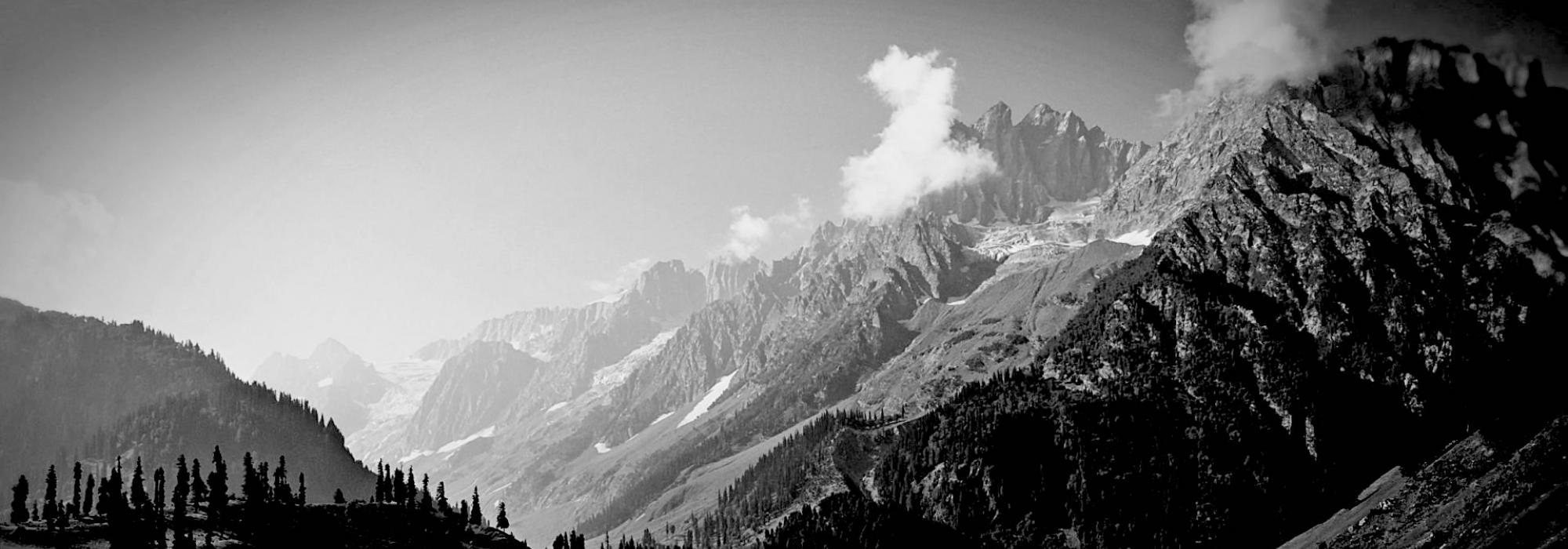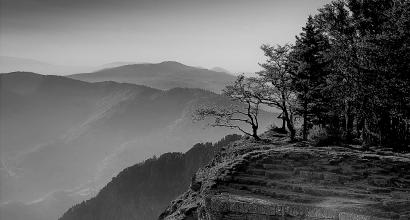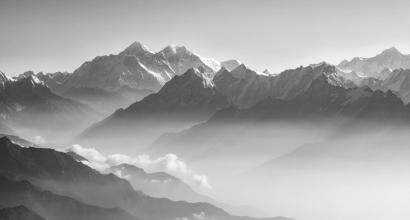Uṣasti (Chāndogya)
Once the kingdom of Kuru was struck by famine. All the crops were laid waste by hailstones. In an abject village in that kingdom called pradrāṇaka resided Uṣasti, a brahmajñānin. He was the son of a ṛṣi called Cakra and hence was called Cākrāyaṇa. His wife was young. When he was roaming around in search of food, he saw the head of the village who was partaking of kulmāṣa from a container. Kulmāṣa means wild black gram available in the forest or black gram which is rotten. Uṣasti approached him and asked him, “Give me some kulmāṣa.” the village head replied, “I’ve already eaten from the same container. How can I give you the ucciṣṭa (leftovers)?” Uṣasti replied, “Don’t worry about it, give me.” the village head followed his words and gave him. Then he said, “O brāhmaṇa, after eating the black gram you can drink this water.”, saying so he held the container from which he was drinking in front of him. Uṣasti replied, “That’s the water left after you have drunk. It is ucciṣṭa, so I won’t take it.” The village head said, “But wasn’t the black gram ucciṣṭa? You can somehow eat it but not drink the water?” Uṣasti replied, “I ate it because there is a dire scarcity of food. Water on the other hand is available elsewhere.”
Thus in times of need to save one’s life we can eat leftovers. It need not be considered forbidden–this is what is suggested. Since water was available Uṣasti refused to consume it. Then he ate some part of it and took the rest of it home for his wife. By then his wife had found some food from another source and so she stored them in a container.
Next day, early in the morning he called his wife and said, “In a place nearby the king is performing a yajña to propitiate the deities for rain and food. I’m planning to go there. I might get some dakṣiṇa. I’m hungry, is there anything to eat?” she said, “The black gram which you brought last night is there. I’ll give that.” He ate it and set out to the place where the yajña was being performed.
As per the dictum, “अनाहूतोऽध्वरं गच्छेत्” one can go to a yajña even without an invite. Likewise Cākrāyaṇa went to the yajñaśālā and sat alongside the ṛtviks. There are supposed to be three ṛtviks in the yajña–prastotṛ, udgātṛ, pratihartṛ. They have to praise the respective deities by the prastāva and other mantras as mandated by the kalpas. When the prastotṛ was supposed to recite it, Cākrāyaṇa stopped him, “O prastotā! Who is the deity related to the prastāva mantra? Without knowing the deity if you start reciting it your head will roll!” Prastotṛ not knowing the deity became silent. Then Cākrāyaṇa addressed the udgātṛ, “O udgātā! Do you know the deity to be addressed by the udgīthā? If not, your head will roll!” similarly he addressed the pratihartṛ, “O pratihartā! Do you know the deity of the pratihāra mantra? Or else your head will roll too!” Thus he was also silenced.
None of them knew the correct deity. In the presence of a brahmajñānin like Cākrāyaṇa, the people ignorant of the meaning and the deity shouldn’t pursue such haughty venture. They should humbly bow down before him and then continue their work.
Seeing all these the king was perplexed. He approached Uṣasti and asked him, “Bhagavan! Please introduce yourself.” Uṣasti replied, “O king, I’m Uṣasti, I’m also known as Cākrāyaṇa.” The king said, “Bhagavan! I’d heard about you. I wanted to give the full responsibility of this yajña to you. But I could not find you since you had been elsewhere. Thus I’d given these ṛtviks the responsibility. Now please take up the reins and help me finish this yajña.” Uṣasti replied, “Very well. But you have made them ṛtviks by providing the pravara. So let them continue, I’ll give them the permission to do so. Whatever dakṣiṇa you are giving to them, give the same to me.” The king agreed. The prastotṛ then prostrated before Uṣasti, asked him to permit him to recite the prastāva mantra, “O ārya! You said that without knowing the deity if I recite the mantra my head will roll. Please enlighten me, who is the concerned deity?” Uṣasti replied, “The deity is Prāṇa.” and he provided substantiation. Likewise he told the udgātṛ and pratihartṛ that the deities related to udgīthā and pratihāra are Āditya and Anna respectively. The yajña proceeded without any impediments.
It is prudent for someone who knows the Vedas to understand its meaning both in letter and spirit. Yāska in nirukta says the following.
स्थाणुरयं भारहारः किलाभूत्
अधीत्यं वेदं न विजानाति योऽर्थम् ।
योऽर्थज्ञ इत्सकलं भद्रमश्नुते
नाकमेति ज्ञानव्धूतपाप्मा ॥“Whosoever learns the vedas by rote and doesn’t understand he is like the weight bearing pillar! One who understands, attains śreyas and due to the understanding gets rid of all the pāpa and attains svarga.”
To be continued...
This is the fifth part of the multi-part translation of the Kannada book "Upanishattina Kathegalu" by Mahamahopadhyaya Vidwan Dr. N Ranganatha Sharma. Thanks to Dr. Sharada Chaitra for granting us permission to translate this wonderful work. Thanks to B. N. Shashikiran for timely and appropriate edits. The original in Kannada can be read here










































